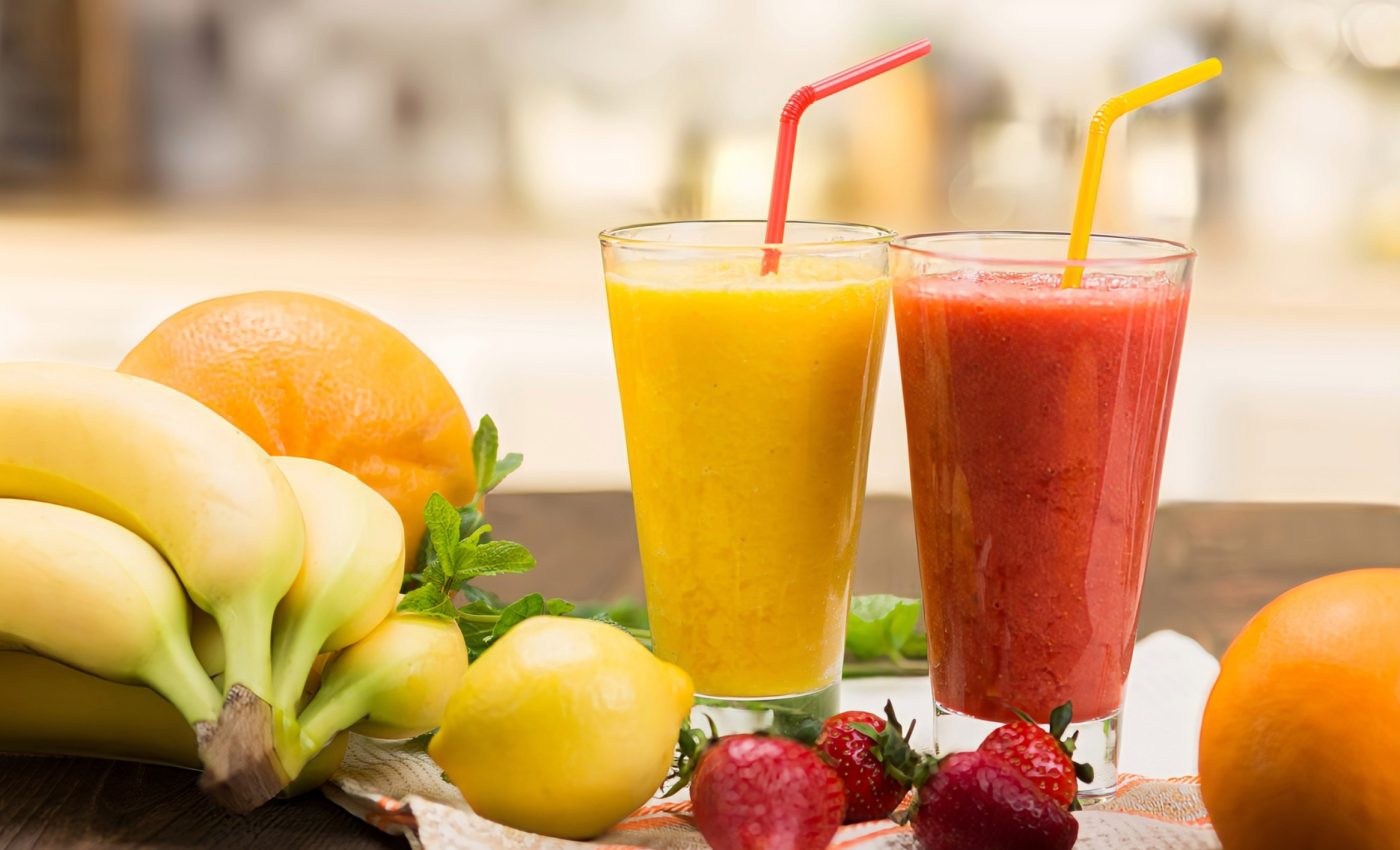
Bananas are not the best choice for a healthy smoothie
Who doesn’t love a good fruit smoothie? It’s a delightful way to pack in your daily dose of fruits and vegetables. But could the banana-blueberry smoothie you’re sipping on be robbing you of some vital nutrients?
This is what a new study from the University of California, Davis, seems to point at. The research explores how blending certain fruits together can affect your body’s nutritional intake.
The key figure guiding this fascinating exploration is Javier Ottaviani, who holds the dual position of director of the Core Laboratory of Mars Edge (part of the confectionery powerhouse, Mars, Inc.) and being an adjunct researcher with the UC Davis Department of Nutrition.
The science behind your favorite smoothie
The research, featured in the Royal Society of Chemistry’s journal Food & Function, sets its sight on how the enzyme found in many fruits and vegetables – polyphenol oxidase (PPO) – influences the quantity of flavanols our bodies can squish out from food.
Flavanols are bioactive compounds that do wonders for your heart health and cognition, and are naturally present in fruits like apples, pears, blueberries, blackberries, and even cocoa – the usual suspects in your smoothie mix.
“Through the study, we were interested in understanding how the seemingly benign process of making a banana-based smoothie could impact flavanol absorption,” said Ottaviani.
Remember how apples or bananas tend to brown when you slice them or even peel them? That’s our enzyme, PPO, kicking into action. The team sought out to investigate whether drinking smoothies made from fruits with varying degrees of PPO content would affect flavanol intake.
Bananas vs. berries: Smoothie showdown
For the study, participants were asked to drink a banana smoothie (a fruit with high PPO activity) and a mixed berries smoothie (with low PPO activity). The team then examined blood and urine samples to see how much flavanols were absorbed after each smoothie.
The findings? The banana smoothie drinkers had an 84% lower flavanol level in their bodies compared to the control group.
“It was surprising to see how adding just one banana could dramatically decrease the flavanol level in the smoothie and, in turn, the flavanol absorbed by the body,” said Ottaviani.
The finding is a potent reminder of how food combinations and preparation methods can impact the absorption of dietary compounds from our food.
Smoothie hacks for optimal health
Now before you start eyeing bananas with suspicion, let’s make a couple of things clear. Bananas are still fantastic for you. In fact, last year, the Academy of Nutrition and Dietetics advised people to consume 400 to 600 milligrams of flavanols daily for cardiometabolic health.
What the study suggests is, if you’re keen on getting those flavanols, consider making smoothies with fruits rich in flavanols like berries, and blend them with other low PPO ingredients like pineapple, oranges, mango, or even yogurt.
If you love adding bananas to your smoothies or enjoy other high PPO fruits and vegetables like beet greens, it’s best to avoid mixing them with flavanol-rich options such as berries, grapes, and cocoa.
This combination can affect the health benefits you’re aiming for, so consider keeping them separate for optimal results in your nutrition.
Significance of the study
“The study gives us a roadmap for future research into how we prepare other foods and how it affects flavanol absorption,” noted Ottaviani. For instance, tea is a significant source of flavanols, and how it’s prepared could alter the availability of flavanols for absorption.
So the next time you reach for that blender, remember, it’s not just about what goes into your smoothie – it’s also about how those ingredients interact with each other.
“As the interest in the health benefits of dietary flavan-3-ols and polyphenols grows, this study highlights that consideration needs to be given not only to the types of fruits and vegetables and plant-based products to recommend to increase intake, but also how they are prepared, stored, and consumed as part of a regular meal in order to maximize their potential to support health,” concluded the study authors.
The research involved contributors from the UC Davis Department of Nutrition, the UC Davis Department of Internal Medicine, University of Reading, King Saud University, and Mars, Inc.
—–
Like what you read? Subscribe to our newsletter for engaging articles, exclusive content, and the latest updates.
Check us out on EarthSnap, a free app brought to you by Eric Ralls and Earth.com.
—–













